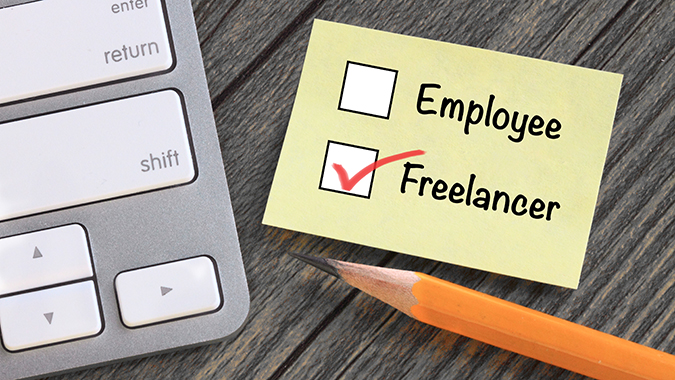The New Jersey Department of Labor and Workforce Development (NJDOL) has issued unemployment guidance to help New Jersey workers and business owners understand unemployment law as the state’s economy reopens amid the COVID-19 pandemic.
The document provides answers to workers’ many questions about unemployment -- as it relates to workplace health and safety protections, and caregiving. It also offers guidance for employers. The information, including a downloadable document, can be found at nj.gov/labor.
“There are so many questions and concerns from workers and businesses around unemployment as the return to work begins,” said Labor Commissioner Robert Asaro-Angelo. “For example – no, a worker cannot choose to be unemployed, and no, a business cannot force an employee to work in an unsaf e environment, particularly during a pandemic.”
e environment, particularly during a pandemic.”
“We’ve compiled the questions being asked most often by workers and employers, and developed this informative and timely guide on the rights and responsibilities of each party as it relates to unemployment benefits during COVID-19.”
The document walks workers and employers through various workplace scenarios and summarizes relevant unemployment laws that employee should be aware of as they return to work.
In addition to addressing on-the-job health and safety concerns that could lead to a successful unemployment claim, the document provides guidance for employees who believe they cannot return to work because their school, daycare facility, summer camp, or childcare provider is unavailable or closed because of COVID-19. For additional information, please see our FAQs at https://www.nj.gov/labor/worker-protections/returntowork.shtml
Every claim is decided individually, on a case-by-case basis, but some general principles apply:
- In most cases, workers cannot collect Unemployment Insurance (UI) benefits if they voluntarily quit or refuse suitable work. But, if a worker quits or refuses work because it poses a high degree of risk to his health and safety, such that the individual essentially had no choice but to leave, he or she could may be eligible for UI benefits.
- Apart from UI benefits, Pandemic Unemployment Assistance (PUA) may be available to those who cannot work or must work reduced hours due to COVID-19, including because of school, summer camp, and daycare facility closures, and where the worker has an underlying health condition that makes him or her particularly vulnerable to COVID-19.
- NJDOL unemployment agents examine cases and make eligibility determinations in accordance with the law, as well as health and safety guidance issued by federal and state authorities.
The standard for both refusing suitable work and voluntarily quitting with good cause are very similar. Basically, in both instances a claimant must demonstrate that the workplace was so unsafe, unhealthy, or dangerous that he or she could not reasonably have worked there. But, the worker must have made an attempt to rectify the situation with the employer before leaving the job. Eligibility for these benefits is highly fact-specific; the burden of proof is on the employee to show they quit for good cause.
The Labor Department website also contains a form for employers to complete if they believe an employee has refused suitable work and is continuing to collect unemployment. That form can be found at: https://myunemployment.nj.gov/employers/fraud/
If an employee is found to be ineligible for unemployment benefits because they rejected an offer of suitable work, he or she must return any benefits collected after suitable work was offered.
Employers wishing to learn more about their rights regarding an employee’s unfounded refusal to return to work should click on Tools for Employers at MyUnemployment.nj.gov.



